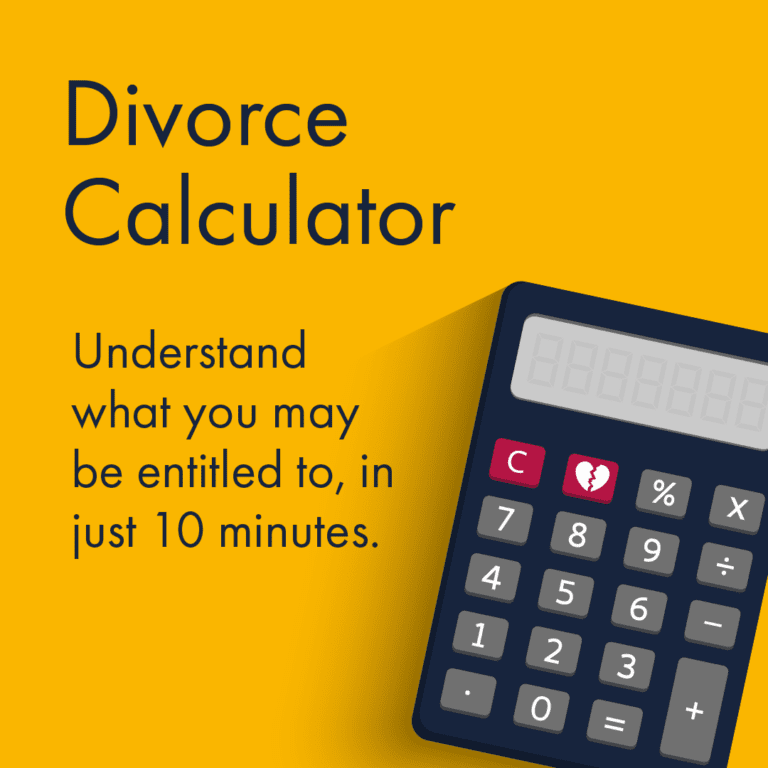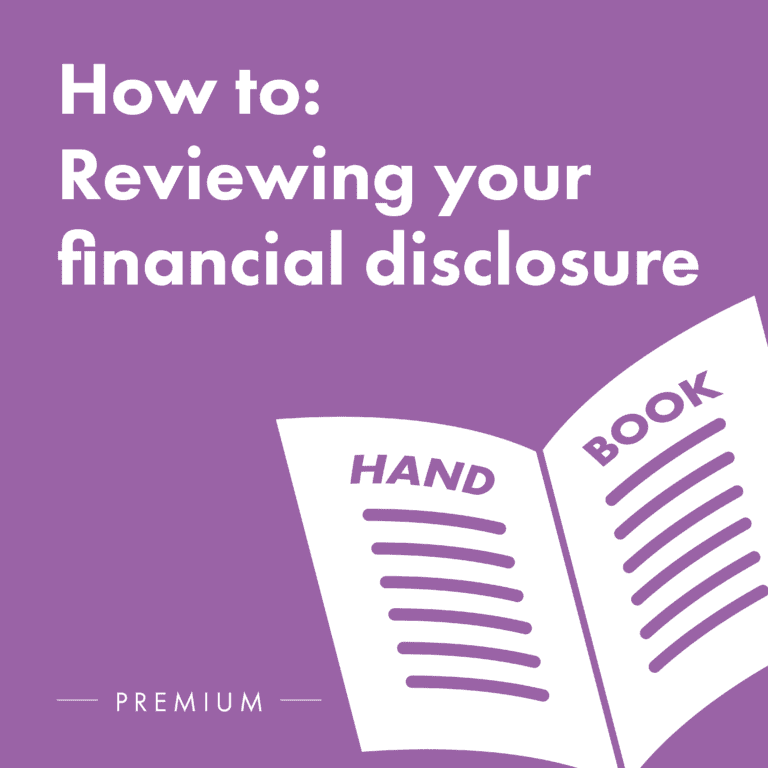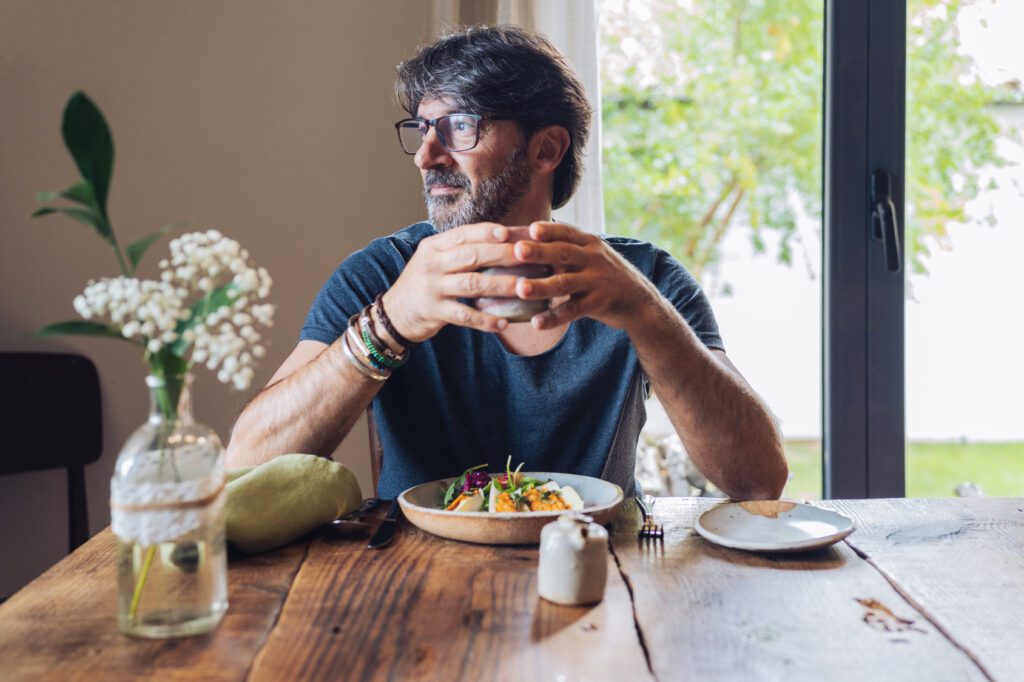 Use the calculator
Use the calculator
Where a conditional order sits in the divorce process
read more- Divorce application: The process begins with submitting a divorce petition to the court, stating the grounds for divorce. If just one side of the relationship applies for divorce, the other must reply within 14 days of receiving it. Under revised divorce laws introduced in 2022, there are very few ways to contend a divorce application.
- Cooling off: A mandatory ‘cooling-off’ period of 20 weeks follows the application. This provides time for both sides to consider the separation and also make arrangements for matters such as finances and childcare.
- Conditional order: The court issues a conditional order, a document which states there is no reason why the divorce cannot proceed. Another cooling-off period of six weeks and one day follows this.
- Final order: You can then apply for the final order, which confirms the end of your marriage. You must have a final order to legally remarry in the future.
The shortest timeframe for a divorce is 26 weeks and one day (six months). This may be extended in certain circumstances due to negotiations over future arrangements and filing paperwork, among other factors.
The conditional order is pronounced
If no challenges or withdrawals are made, the conditional order will be pronounced in court and granted on the date specified in the certificate of entitlement. You only need to attend this hearing if you intend to object to the order being confirmed.
Once the conditional order is granted, there is a cooling-off period of six weeks and one day before applicants can then apply for the final order – the last legal order in divorce proceedings.
At this stage, you and your spouse are still legally married.
We offer an award-winning service
 Download our financial discloure guide
Download our financial discloure guide
What happens after a conditional order is granted?
The final cooling-off period between the conditional and final orders provides the first opportunity for the parties to file a consent order with the court, outlining how their finances will be divided post-divorce.
Applications for a final order are usually processed and formally pronounced on the same day, making your divorce legal. At this point, you are no longer married.
How do I apply for a conditional order?
Applying for a conditional order can be done either online or by posting the relevant paperwork to the Divorce and Dissolution service.
You can also instruct a lawyer to apply on your behalf. Stowe Family Law is the UK’s largest national law firm fully dedicated to family matters. Contact us for advice and support and we’ll stay by your side as you navigate divorce.
Do I need a lawyer to apply for a conditional order?
“While it’s not strictly necessary to have a lawyer when applying for a conditional order, it can be incredibly beneficial. The legal process surrounding divorce can be complex, and a lawyer can ensure that your application is accurate and fully compliant with the required procedures. Without proper legal guidance, even minor errors can cause delays or complications, making the process more stressful and time-consuming than it needs to be.”
Common questions about conditional orders
Common questions about conditional orders
-
Can you submit the application for a conditional order in advance?
Generally, no. You can make an application to court to speed up the process, but this will only be granted in limited circumstances, such as a life-limiting health issue.
-
How long does a conditional order take to be granted?
Typically, this stage of the process takes five-to-seven weeks. The court will review the application, so processing times can vary depending on caseloads and the particular circumstances of your divorce.
-
How long between the conditional order and the final order?
The mandatory cooling-off period between these processes is six weeks and one day. This period may also be extended further if you are still negotiating arrangements for finances and your children. This timeline also applies to how long after a conditional order to expect divorce. It’s highly recommended to have these affairs in order before applying for a final order. The 2024 Williams v Williams ruling serves as a cautionary tale here. In this case, a final order was mistakenly applied for by the wife’s solicitor. When an application to set aside the application was made, the court dismissed the case and the divorce was finalised prematurely.
-
Is a conditional order the same as a decree nisi?
Yes. A conditional order used to be called a decree nisi until no-fault divorce was introduced in April 2022. The two legal orders serve the same purpose. The terminology was updated to reflect the more modern, simplified divorce process when changes were made to divorce laws.
-
Do you pay for a conditional order?
There is no individual additional cost for applying for a conditional order. However, you may still be responsible for paying the overall divorce application fee, which covers both the conditional order and final order stages. It’s important to confirm the exact costs with the court or your solicitor.
-
Can you speed up a conditional order?
There is precedent for statutory cooling-off periods being shortened in exceptional cases but only under rare or mitigating circumstances such as impending childbirth or life-limiting illness. These are assessed on a case-by-case basis, so cannot be guaranteed.
-
Can you make joint applications for a conditional order?
Yes. Joint divorce applications were introduced as part of no-fault divorce in 2022. Joint applications allow both parties to submit the divorce request together, helping to reduce conflict and streamline the process.
-
What happens if I don't apply for a conditional order?
Failing to apply for a conditional order means the divorce process cannot proceed to the next stage. Without this order, the legal separation is not formalised and you won’t be able to apply for the final divorce order. It’s essential to apply promptly to avoid delays. There is no time bar against a conditional order – however, if you wait more than 12 months to apply for a final order, you will need to explain this to the court.
-
Can you stop a divorce after a conditional order?
Yes, it’s possible to stop a divorce after the conditional order has been granted by requesting the court to dismiss the proceedings. However, you must do so before the final order is granted. Once the final order is issued, the divorce is legally complete and cannot be reversed.
Meet our expert divorce lawyers

Counselling & support
Before you decide to separate or seek a divorce, counselling for yourself or as a couple can help you to communicate and talk through your issues.
Visit our Divorce Directory for a guide to counselling professionals and others who will support you.
Latest advice
Newsletter Sign Up
Sign up for advice on divorce and relationships from our lawyers, divorce coaches and relationship experts.
Privacy Policy

















